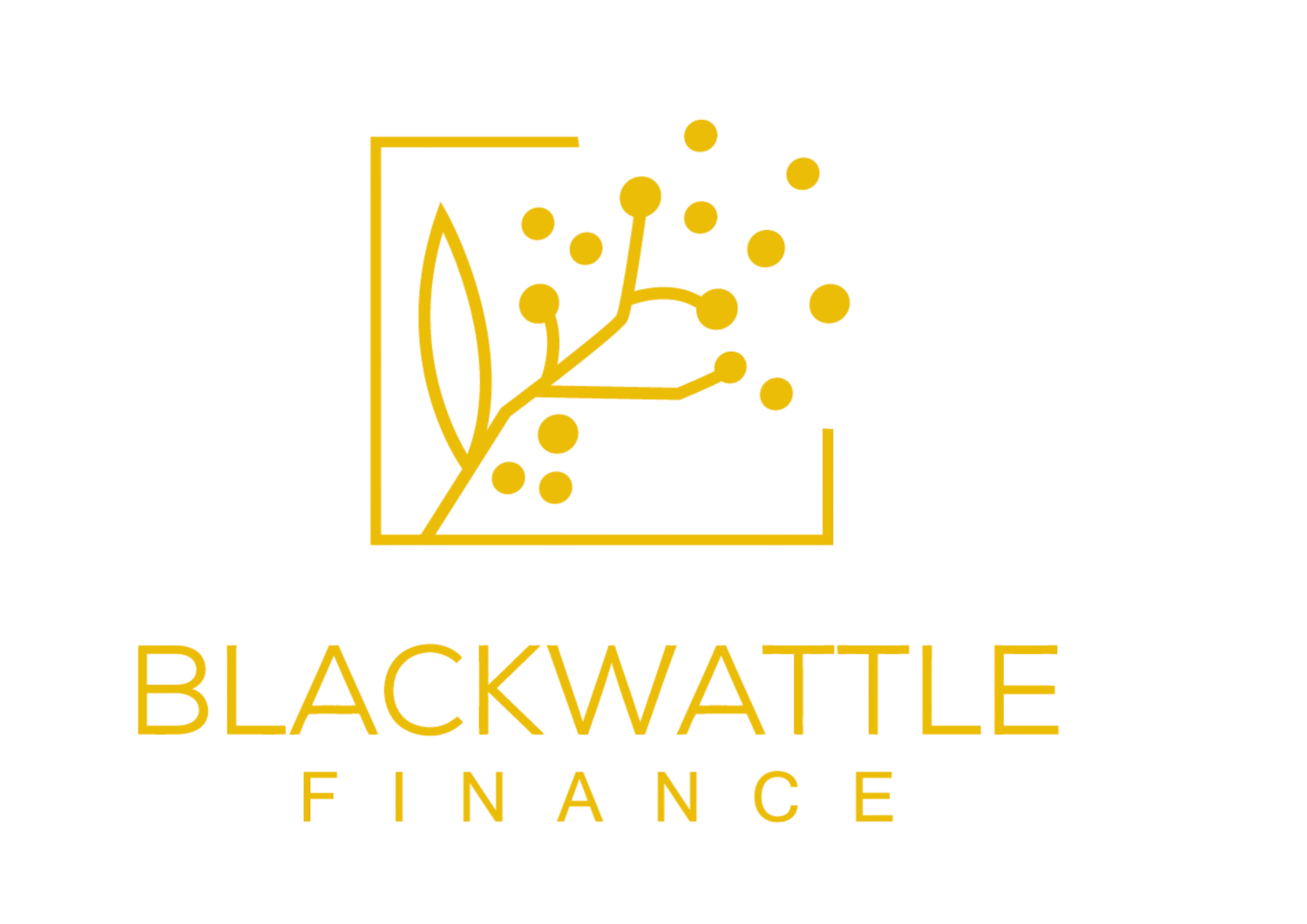While you may not need a six-figure salary to invest in property, those who earn a relatively low income will have to get a little more creative to start a portfolio. Here are some tips to help you get started.
Find an investor-friendly loan
The challenge for low-income earners is the time taken to save for a sufficient deposit. Some lenders require a higher deposit for an investor than is required for an owner-occupier, so seek out a lender and loan that is investor friendly, or consider living in the property for a period after the purchase before converting it into an investment property as your portfolio grows.
In any case, having at least 10 per cent of the property’s purchase price as a deposit will not only increase the likelihood of loan approval, it will also increase your borrowing capacity and lower the risk that you will have to pay lenders’ mortgage insurance (LMI).
Prove your financial discipline
Your lower income on an application can be offset by proving yourself a low risk borrower. Having genuine savings will not only highlight to lenders your ability to consistently meet financial payments and live within your means, it is also an opportunity to increase your borrowing power. The same can be said for lowering any existing debts.
You should pay off any car loans or personal loans before applying for an investment loan if you can. Also, keep your credit card limits as low as is practical as loan servicing is calculated on the limit rather than the balance.
Choose the right property
When it comes to choosing the property, low-income earners will generally do well to steer clear of anything that’s negatively geared, as you are not trying to offset your high income with losses, and remember the importance of profit over property.
Regional areas might be a good option as properties are generally cheaper to purchase and there are often better rental yields than in capital cities. There has also been good capital growth in regional NSW in recent times.
Seek out different strategies
Investing with a close friend or relative is another way to enter the market for those who earn a low income. As long as agreements are in place, including who is responsible for the mortgage and what happens if one owner defaults, how the property will be used, in what circumstances it may be sold, and how maintenance will be paid for, co-ownership is preferable not owning a property at all.
Find the right loan
There has been recent research suggesting that as many as 60 per cent of applicants who are rejected by the major banks would be eligible for a loan through a specialist lender. Specialist or non-conforming loans do carry higher interest as a rule, to account for the higher perceived risk the lender is taking, but this type of loan can be a stepping-stone to a prime loan, and it’s often possible to switch to a prime loan after a year or so.
Property investment may be slightly trickier for low-income earners, but in most cases is accessible provided the right properties and finance products are sought out. Contact us to find out more

